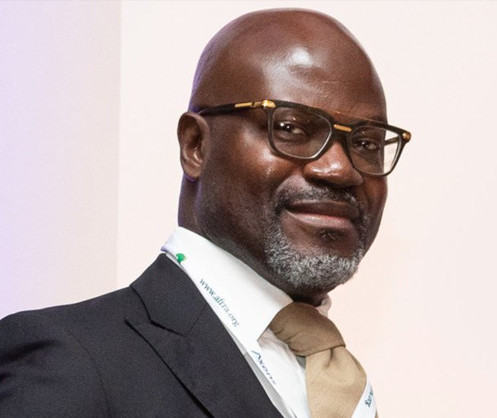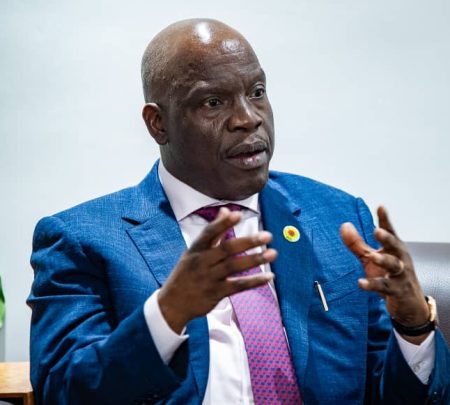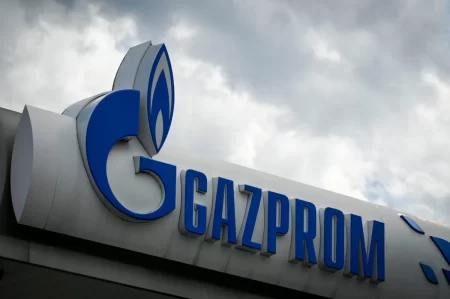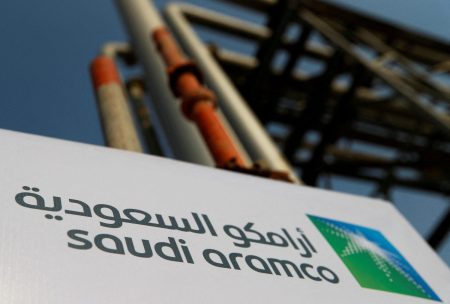
Ike Amos
Dublin, Ireland — African Refiners and Distributors Association (ARDA) and stakeholders across the energy sector have emphasised the need for Africa to urgently shore up its refining capacity and increase electricity access across the continent, unless its projected development would always remain elusive.
In a statement in Abuja, the ARDA stressed that Africa needed to prioritise its energy security programme, making it a short-term goal, irrespective of the push for energy transition.
This, the ARDA insists, is especially with the continent’s surging population which could widen energy need and increase environmental and health problems.
Members of ARDA expressed concern over the continent’s comatose refineries, ageing storage and distribution infrastructure, poor port architecture, gas to power challenges, crude oil theft, rising subsidy on petroleum products and other issues compounding existing woes.
To this end, members of the association are calling for a rethink across the continent that would make the Africa Finance Corporation and Africa Energy Bank to provide necessary funding for energy project.
Executive Secretary of ARDA, Mr. Anibor Kragha, noted that prevailing market volatilities and geopolitical issues have exposed vulnerabilities in world’s energy mix, especially energy security, affordability and resilience of global supply.
He noted that energy transition and security are important and must occur simultaneously for both objectives to be achieved.
According to him, energy security covers both uninterrupted access to energy and securing energy supplies at an affordable price, adding that the concern for Africa, especially in the short term, is the need to meet energy security.
“Russia-Ukraine conflict showed the need for short-term interventions to address the energy crisis alongside mid-to long-term goals of energy transition,” Kragha said.
He said the trilemma of achieving decarbonization of existing operations, reinforcing energy supply security and ensuring price stability must be balanced.
Kragha said fossil fuels demand and products imports would grow over next two decades on the continent but would compound with growing urban population growth to result in increased pollution.
The Executive Secretary stated that sustainable transition to cleaner fuels remained imperative to address public health issues.
Also speaking, Group Chief Executive Officer of the Nigerian National Petroleum Corporation (NNPC), Mr. Mele Kyari, stated that the corporation plans to generate 5,000 megawatts of electricity over the next couple of years.
Represented by Group Executive Director, NNPC Limited Downstream, Adeyemi Adetunji, Kyari stressed the need for investment in homegrown technologies and innovations that would support decisions, improve operational efficiency, minimise impacts on the environment and provide a new competitive edge.
Executive Director of Sahara Group, Wale Ajibade, also stated that achieving Africa’s energy and climate goals means more than doubling energy investment, disclosing that the continent would need $190 billion each year from 2026 to 2030, with two-third of the funding going to clean energy.
According to him, oil would continue to be an important source of energy for Africa, stressing however that its production and operation must be cleaner to keep with global standards.
He noted that reduction in gas flare, methane, changing power sources, increasing carbon capture use and storage, changing power sources and increasing energy efficiency must be prioritised.
Ajibade said a lasting solution to theft, subsidy, energy transition, supply chain issue and continuous importation of petroleum products should be a priority for the continent.
He said if Africa would meet growing energy demand, the supply of refined products within the continent has to be expanded.
“While fossil fuels will continue to remain the major source of Africa’s energy demand, particularly through oil, it is expected that there will be a major shift towards a modern and cleaner energy mix.
African demand for Natural Gas and Renewables will increase significantly. Natural Gas would now begin to play the role of bridging between more polluting fossil fuels and zero-carbon technologies such as wind and
solar energy. This is especially necessary for African nations where a full transition to renewable sources will be quite costly,” Ajibade said.
According to him, despite the promise of the African renewable market, risks on three levels continue to prevent many investors from committing their capital; macro, industry and transaction.”
Follow us on twitter



